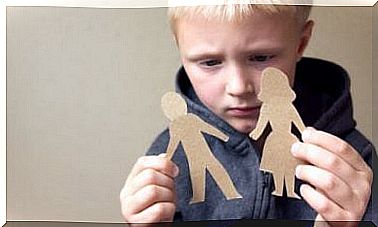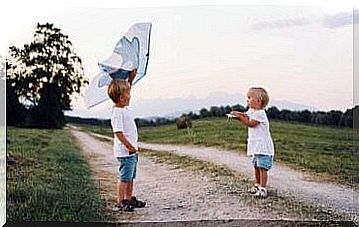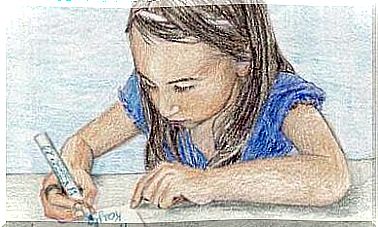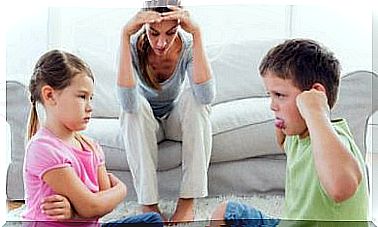How To Deal With The Intellectual Handicap Of A Child? – Being Parents
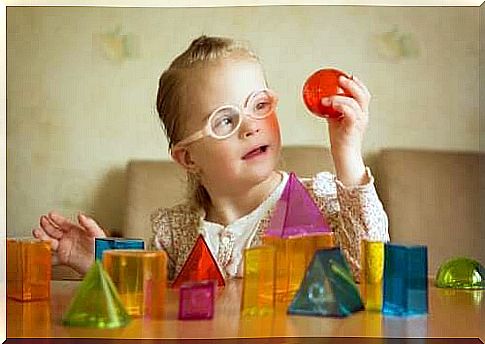
When expectant parents await the arrival of their baby, they tend to build a series of expectations around his appearance, personality, qualities, etc. But when the child is born with a disability, such thoughts collapse and the new situation has to be accepted. For this reason, we have developed the following article, which will allow you to face the intellectual disability of a child.
Education at home is fundamental to achieve a good prognosis and a development allowing the child to mature. It is important to treat children with intellectual disabilities fairly and to take their limitations into account. But without protecting them too much either.
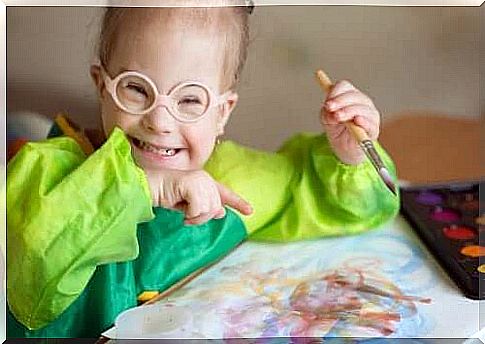
What does intellectual disability entail?
Today, intellectual disability is defined as the existence of a significantly lower level of development compared to what is expected at a person’s chronological age, in two areas:
- Intellectual functioning
- Adaptive behaviors
In addition, these children generally present:
- Problems in the execution of coarse and fine motor skills
- Muscle hypotonia
- Some difficulty relating to the physical environment
- Problems establishing social and communicative interactions
- Difficulties in developing their personal independence and autonomy
How to face the intellectual handicap of a child?
Accepting having a child with an intellectual disability can sometimes be difficult, and even involve a period of mourning. Thus, in these cases, it is essential to rely on the help of workers specializing in the subject. This is beneficial for the child as well as for the parents, since the latter need advice to accept the reality with which they are confronted.
In this sense, understanding the diagnosis is important, which is why it is necessary to contact professionals and associations and make them a source of support. So parents can:
- Assimilate observation and intervention strategies
- Acquire stimulation and educational capacities
- Develop skills to educate their child and interpret their behavior
- Have information on intellectual disability
- Get in touch with other families who are in the same situation
All of this knowledge is essential for achieving correct progress in all aspects of the life of a child with an intellectual disability. But, in addition , it is particularly necessary that the parents are not overproductive with the child. Just as they do not underestimate its capabilities either.
Thus, it is important to seek advice in aspects related to the couple relationship, since it can deteriorate due to constant conflicts and disagreements in the child’s education, or because a of the couple feel overwhelmed by the situation.
In addition, it is necessary to know how to take care of the bonds established with the other children and the rest of the family (grandparents, uncles and aunts, cousins and cousins, etc.), so that everyone understands the child and that they can understand his behavior.
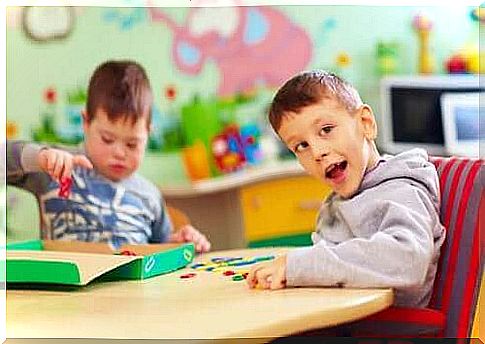
A different path
The birth of a child is a moment of change in the life of any person, since it is then that they begin to take the path of parenthood. However, if the baby has intellectual difficulties, it is perceived as an extraordinary and unexpected event. This is why the path then becomes different, because we must learn to meet the specific needs of the child.
Thus, parents of children with intellectual disabilities need guidance to improve the quality of life of children, but also theirs and that of the rest of the family.



